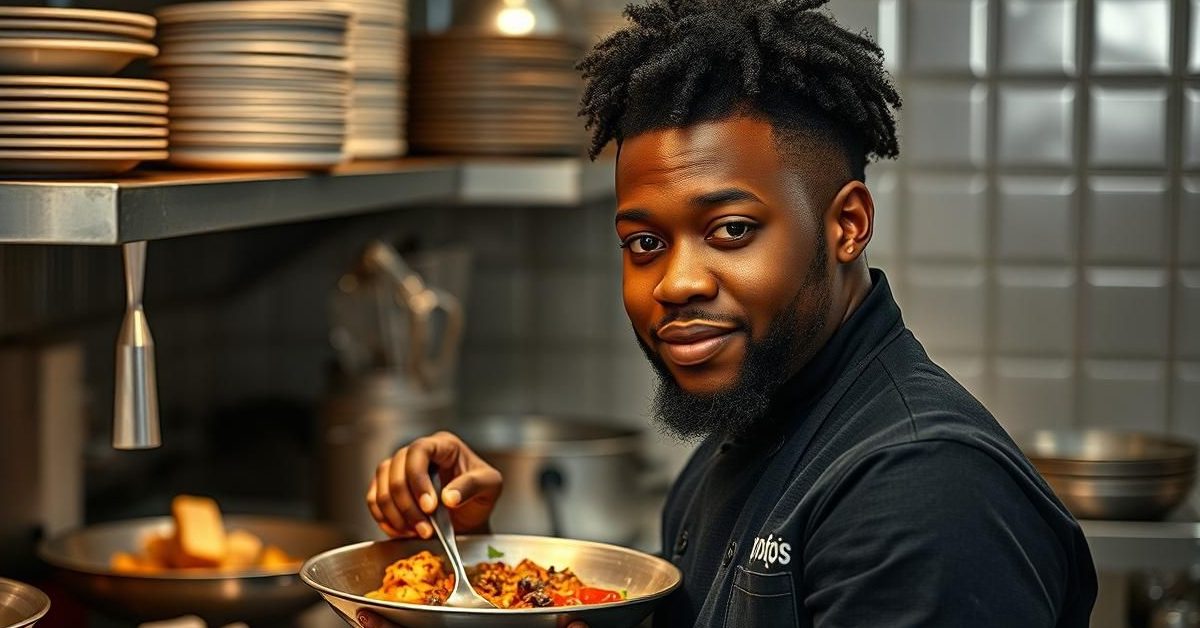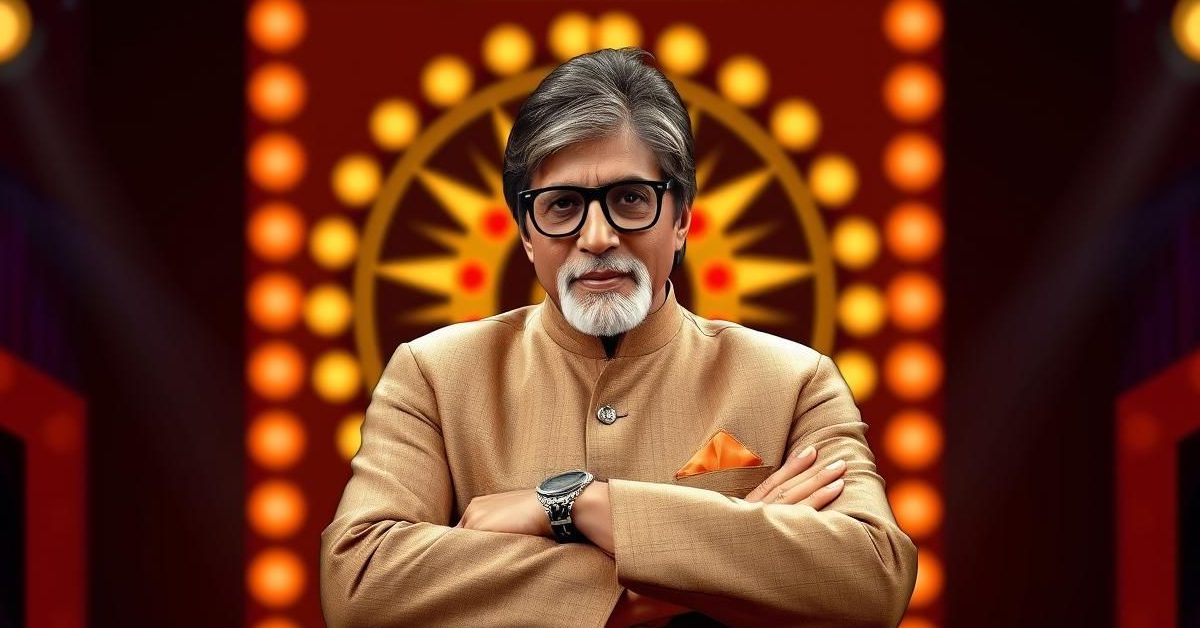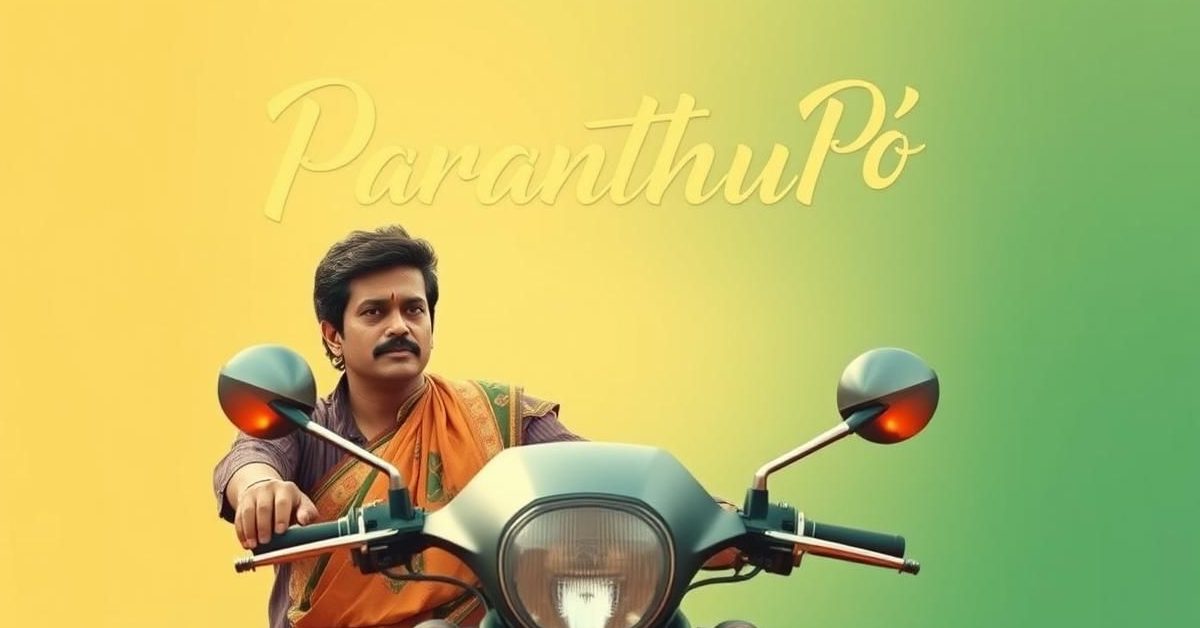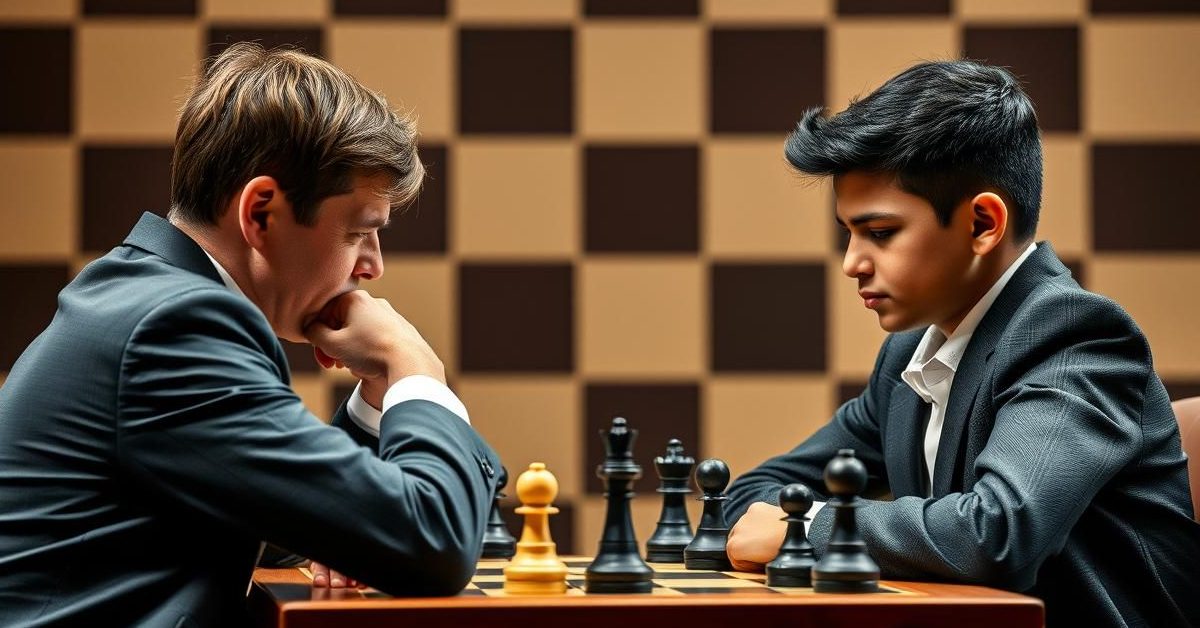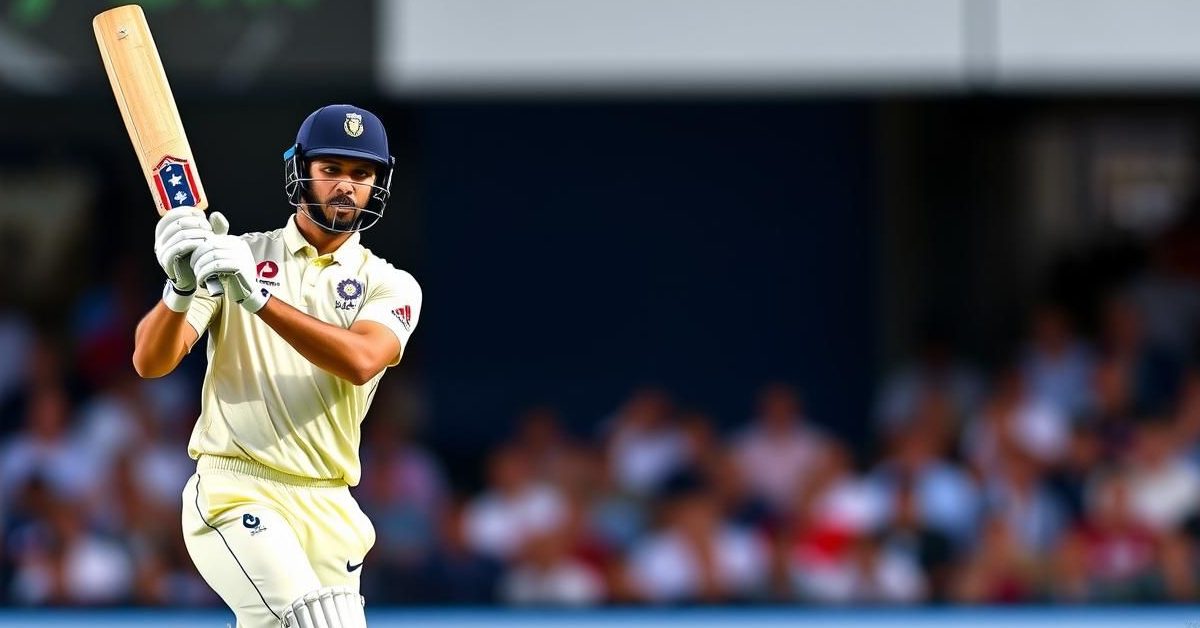Once, the kitchen of The Bear roared with a raw, almost violent energy. It was a pressure cooker of ambition, neurosis, and unyielding chaos. Every clang of metal, every frantic “Yes, Chef!”, every close-up of a perfectly seared dish felt like a jolt to the system. The original seasons plunged us into a world where trauma bled through every scene, where dysfunctional characters grappled with their own demons, barely tolerating each other, let alone themselves. The show didn’t offer neat resolutions; it merely observed the scorching intensity of their lives.
Yet, four seasons deep, a profound shift has occurred. The razor-sharp edge that once defined The Bear has softened, and the fiery intensity has mellowed into a melancholic simmer. The suffocating urgency has given way to a quieter introspection, allowing more space for reflection, but also raising a lingering question: are we, and the Berzatto family, caught in an unending loop?
This unsettling cyclical feeling is precisely where Season 4 begins. We find Carmy, portrayed with haunting fragility by Jeremy Allen White, asleep on a couch, lost in a dream-like conversation with the phantom of Mikey. The faint echo of Groundhog Day playing in the background serves as a poignant, if subtle, cinematic parallel. It’s a clever nod, yes, but also a silent plea: are they, and by extension, are we, forever tethered to this culinary purgatory?
The Culinary Crossroads: What’s Simmering in Season 4?
The acclaimed fine-dining establishment, The Bear, which gloriously emerged from the ashes of The Beef, finds itself reeling from a brutal review courtesy of the Chicago Tribune. This devastating critique casts a long shadow, forcing the team to desperately claw for relevance within a cutthroat culinary landscape that demands nothing short of perfection. Creative, emotional, and logistical tensions simmer beneath the surface, threatening to boil over at any moment.
At the center of this maelstrom is Carmy, a figure drained of his once-electrifying spark. He stalks the kitchen of his own creation like a ghost, observing his colleagues – Sydney, Tina, and Marcus – cook with a fervent passion he seems to have lost. He’s pushing away the very people who still champion his vision, consumed by a desperate quest to redefine himself beyond the identity of “just a Chef.” His journey this season is one of quiet unraveling.
Conversely, Ayo Edebiri’s Sydney stands at a pivotal professional and personal juncture. An enticing opportunity beckons, promising the validation and peace she has so diligently sought. But leaving The Bear isn’t merely a career move; it means abandoning a dream she meticulously helped build and severing ties with a makeshift family she never anticipated, yet became inextricably bound to.
Ebon Moss-Bachrach’s Richie, ever the emotional live wire, is quietly disintegrating. The impending remarriage of his ex-wife plunges him into a spiral of fear – fear of losing his daughter, fear of losing everything. While Liza Colón-Zayas’s Tina and Lionel Boyce’s Marcus navigate their own personal and professional battles, and even the lauded sandwich counter gets a brief moment in the spotlight, these tangential storylines often feel like underdeveloped threads, yearning for more narrative fabric to truly breathe.
Season 4 also upholds The Bear’s now-signature tradition of high-profile guest appearances. Some cameos land with significant emotional impact, enriching the narrative. Others, while entertaining, occasionally lean into indulgence, yet at this stage, they’ve become an undeniable part of the show’s unique DNA.
A Michelin-Star Journey: Deconstructing Season 4’s Pacing
If Season 4 were conceptualized as a multi-course tasting menu, it would arrive in distinct, carefully curated acts, each designed to evoke a particular mood and intention.
The Unsettling Amuse-Bouche: Episodes 1–3
The initial three episodes serve as a perplexing starter. They possess an unexpected languor, a meandering structure that might leave seasoned viewers questioning if the kitchen has lost its touch. For a series renowned for its relentless pace, these episodes spend precious minutes circling familiar arguments and indulging in stylized, almost elongated silences. While the sharp editing and stellar performances still exert their magnetic pull, the emotional urgency that once defined the show feels blunted, like a knife that has sliced through too many onions.
A Refreshing Palate Cleanser: Episode 4
Episode 4 arrives as a much-needed palate cleanser. It’s disorienting, yes, but in the most invigorating way – akin to stepping out of a sweltering kitchen into a cool, Chicago breeze after an intense shift. This episode momentarily lifts you from the intense “Bear-verse,” offering a crucial narrative pause. It’s a clever, necessary structural pivot, reminding us that The Bear still possesses the agility to stretch its creative limbs when it chooses.
The Hearty Main Course: Episodes 5–7
The main course, encompassing episodes 5 through 7, delivers on the promise of heart, flavor, and welcome familiarity. The dialogue tightens, the emotional undercurrents swell with a compelling intensity, and the camera rediscovers its signature rhythm. Episode 7, in particular, resonates as this season’s “Fishes”—not for its frantic chaos, but for its profound emotional reckoning. It’s an episode where carefully woven guest appearances evoke powerful feelings, compelling you to remember why these characters are still here, and why you, the viewer, remain so deeply invested.
A Satisfying Dessert: Episodes 8–10
The final dessert course, spanning episodes 8 through 10, is rich, daring, and profoundly satisfying. These concluding chapters land with surgical emotional precision, delivering impacts that are both honest and hard-hitting. They reignite that singular feeling The Bear so masterfully conjures – a sense of being moved in ways you never anticipated. These episodes leave you craving more, eager to return to the table, to linger longer in this unforgettable world.
The Shifting Heart of The Bear: Carmy’s Retreat, Sydney’s Rise
One of Season 4’s most compelling narrative shifts is the inverse trajectory of its two central figures: as The Bear restaurant blossoms, Carmy quietly descends into a personal abyss. He’s no longer the volatile, brilliant maestro orchestrating the kitchen’s symphony. Instead, he’s quieter, slower, fading. Jeremy Allen White’s portrayal is that of a candle melting from within—still glowing, but barely. He’s not leading; he’s lingering, a figure everyone in the kitchen must now work around. It’s an agonizing, yet deliberate, depiction of burnout. Somewhere deep in Season 4, Carmy ceases to be the vibrant heart of this kitchen, transforming instead into its lingering, haunted presence.
Sydney, however, is finally seizing her own narrative. Ayo Edebiri, quite literally, is “cooking” this season, and the pun is entirely intended. She has always been the undeniable soul of the show, even when her character wasn’t explicitly at the narrative’s epicenter. This season emphatically confirms what many intuitively felt from the very beginning: this is, unequivocally, her story now. Edebiri’s performance is a magnetic force, demanding and absorbing every scene she inhabits.
Enduring Toxicity: Why We Can’t Quit The Bear
One could reasonably accuse The Bear of recycling its core conflicts: the same emotional tempests, the persistent unresolved family feuds, the familiar monologues about pressure, purpose, and the elusive pursuit of perfection. And those accusations would not be unfounded. Yet, the series’ enduring alchemy lies in its uncanny ability to make the familiar still sting with raw, emotional honesty. You anticipate the gut punch, but it still lands with devastating precision.
My relationship with The Bear is, in all candor, a deeply toxic one – and I confess this with genuine affection. I resent its relentless emotional overstuffing. I’m frustrated that its characters appear to learn so little from their repeated mistakes. It’s exasperating that four seasons in, professional therapy seems to be an alien concept for the Berzatto clan. Yet, despite these grievances, I find myself utterly incapable of quitting it. I cannot, for a single moment, look away. Somewhere amidst the trauma, the cacophony of shouting, and the strangely beautiful, almost ethereal cinematography, The Bear transcended mere entertainment; it became, undeniably, family. And much like a true Berzatto, I suppose I’m irrevocably stuck. You don’t abandon your family, even when their dynamic isn’t always healthy for you.
Key Details:
Cast: Jeremy Allen White, Ebon Moss-Bachrach, Ayo Edebiri, Lionel Boyce, Abby Elliott, Jaime Lee Curtis, Oliver Platt, Molly Gordon, Will Poulter, Jon Bernthal
Directors: Christopher Storer, Janicza Bravo, Duccio Fabbri
Rating: 3/5
